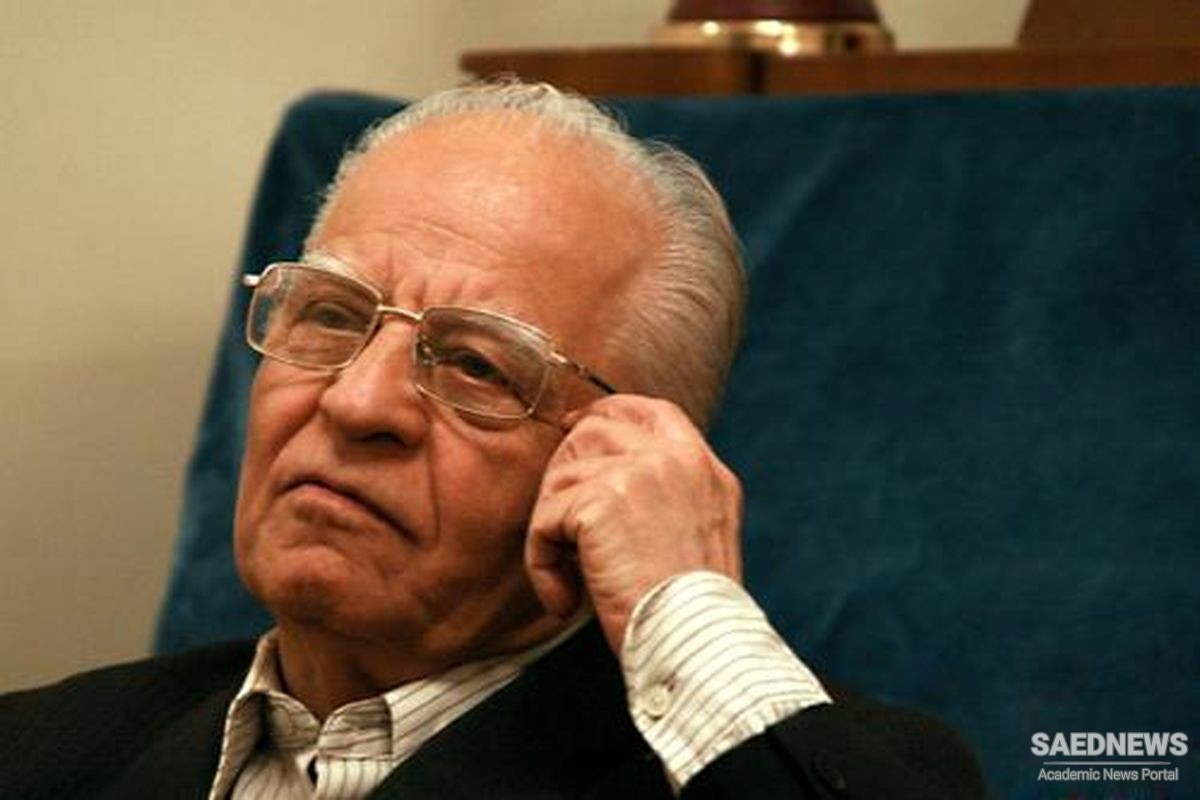Along with some other Iranian musicians such as Ali Tajvidi, Dehlavi made strenuous efforts during his professional career, which spanned over 70 years, to adapt melodies in Iranian music for orchestral performances.
Born into a family with a refined sense of music, Dehlavi began to learn music at age five from his father, Moezzeddin, who was a student of Ali-Akbar Shahnazi, a prominent composer and tar virtuoso.
On his mother’s advice, he decided at nine to study playing the violin with Abolhassan Saba, the legendary Iranian composer and master of string instruments.
Dehlavi shot to fame at age 26 in 1953, when he wrote his first orchestral composition, “Sabokbal”. He did the composition based on a short motif, which was derived from “Qasemabadi”, a piece composed by Saba.
He also attended the Tehran Conservatory of Music to take lessons in composing from Hossein Nasehi and some Western musicians working at the center.
Saba and Dehlavi co-found the Saba Orchestra at the Fine Arts Office and he served as a conductor for the orchestra. In 1957, when Saba died, the orchestra began to give a performance every week on Iranian TV.
He was appointed as director of the Academy of National Music in 1962 and held the position until 1971 when he received a two-year scholarship to study Western classical music in Austria and Germany.
In 1978, he was commissioned by Iranian cultural officials to compose the Mani and Mana opera, which was scheduled to be performed on International Children’s Day, however, the opera was never performed due to the victory of the Islamic Revolution in 1979.
He also collaborated in several film projects, including “The Lovers’ Wind”, French filmmaker and producer Albert Lamorisse’s 1970 documentary about the daily life and natural attractions of Iran.


 Behzad Ranjbaran
Behzad Ranjbaran














































